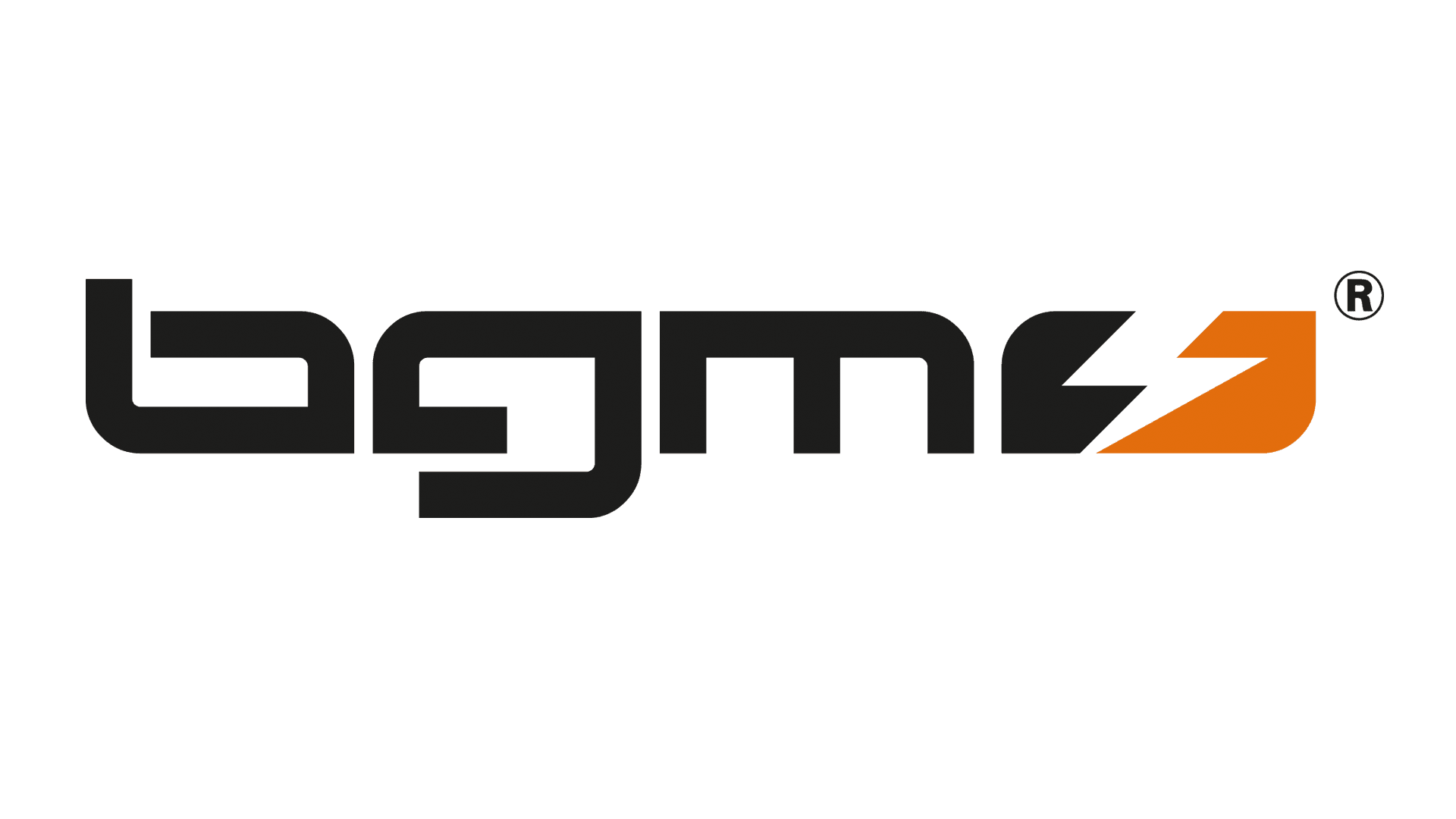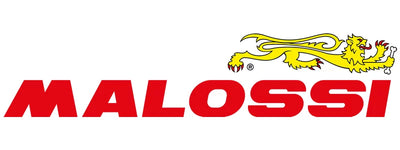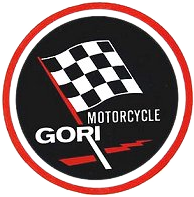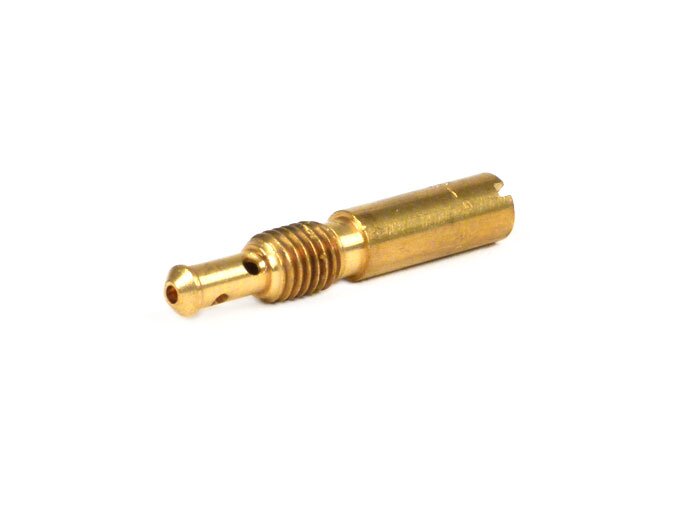
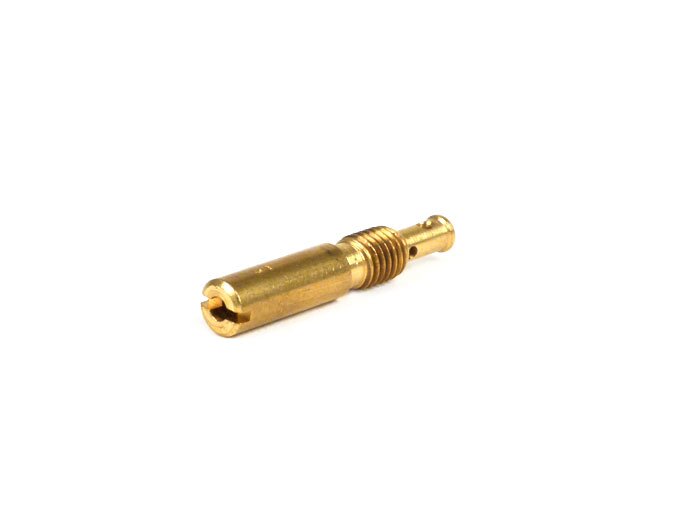
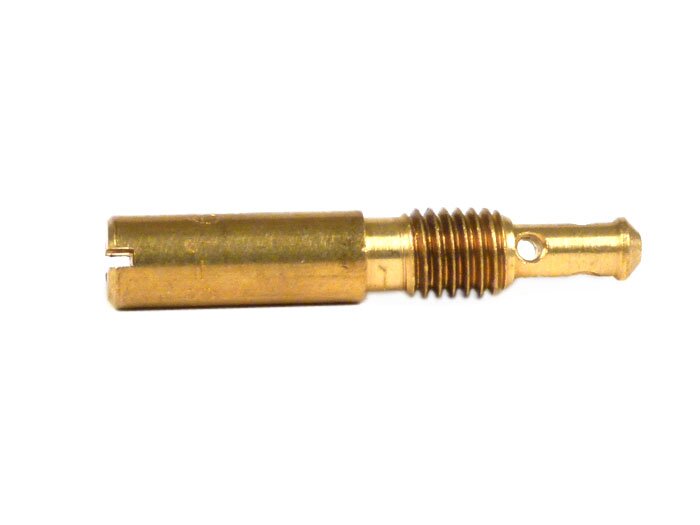
Si Carburettor Idle Jet 9892 BGM PRO 60-160 (2.75)
Si Carburettor Idle Jet 9892 BGM PRO 60-160 (2.75)
2QL Pyewipe Road
2QL Pyewipe Road
Unit 1
Grimsby DN31 2QL
United Kingdom
Si Carburettor Idle Jet 9892 BGM PRO 60-160 (2.75)
The SI carburettor's side jet does not have the simple function of a conventional jet, i.e. the pure quantity regulation of the fuel quantity. With the introduction of the PX 1977, the SI carburettor type and its side jets were modified. The old carburettor types, such as those still used in Rally engines, had a separate air duct for the side jets. These were therefore equipped with nozzles which could only regulate the amount of fuel (simply named nozzles, e.g. Rally 200 ND=50)
DOPPLE FUNCTION
The new carburettor types have a closed air hole for the side jet. Piaggio has been using mist nozzles with a double function since then, recognizable by the double designation (e.g. 55/160). For this purpose, the side jets are hollow drilled from above and thus themselves ensure the appropriate premixing of petrol with air.
This means that the mixture preparation in the side jet area works in the same way as in the main jet section via an air jet and a main jet, here only combined in one part.
AIR Nozzle VS FUEL BORING
The air nozzle comes into play as a corrective element. As the engine speed increases, the engine receives more and more fuel from the fuel hole of the air nozzle. The air nozzle then mixes in air proportionally to keep the ratio of air to fuel always linear.
A 120 air nozzle has a bore of only 1.2mm, thus provides very little air and is greasing accordingly. A 160 air nozzle provides a lot of air and is therefore rather lean.
example case br /> A 200cc engine should have a fatter side nozzle. According to the old system a 52/140 was chosen instead of the standard 55/160.
The nozzle with 52/140 (2.69) has a smaller bore for the gasoline (52) compared to a 55/160 (2.91), but at the same time a smaller air nozzle (140). The smaller air nozzle greases massively from the middle speed range, but the smaller petrol hole becomes thinner from idling. Thus one receives a nozzle which behaves more leanly up to the center of revs, but greases clearly afterwards. This means that a ringing in the middle of the rev range can usually not be cured with such a nozzle. A 58/160 would be better, such oversizes are only available from BGM PRO or Pinasco. The range has been extended here to 68/160 and thus covers, for example when using air funnels, the necessary fatter auxiliary nozzles.
INFLUENCE RANGE
It is important to know that the influence range of the auxiliary nozzle extends over almost the entire speed range. At higher speeds and full slide valve stroke, the proportion of mixture of the secondary nozzle in the total mixture is relatively low but still clearly measurable.
If the proportion of air nozzles is reduced (i.e. instead of 160 a 140) the engine will run richer on top and vice versa. Likewise, with a smaller gasoline hole in the side nozzle, the engine will run significantly leaner when pushing and accelerating out.
FREE UK Delivery on orders placed over £75.
Delivery is available Worldwide. See our Delivery Information page for further details.
Returns & Refunds
We're committed to providing a great customer service and wish our customers to be 100% satisfied with purchases.
Please review our Returns Information or Contact Us if you have any queries.
Returns & Refunds
We're committed to providing a great customer service and wish our customers to be 100% satisfied with purchases.
Please review our Returns Information or Contact Us if you have any queries.
Secure Payment
All our orders are 100% secure. We know this because our e-commerce system is Level 1 PCI compliant and uses 128 bit SSL encryption to ensure credit card data is secure.
Which is the same level of encryption used by large banks around the world.
Secure Payment
All our orders are 100% secure. We know this because our e-commerce system is Level 1 PCI compliant and uses 128 bit SSL encryption to ensure credit card data is secure.
Which is the same level of encryption used by large banks around the world.


